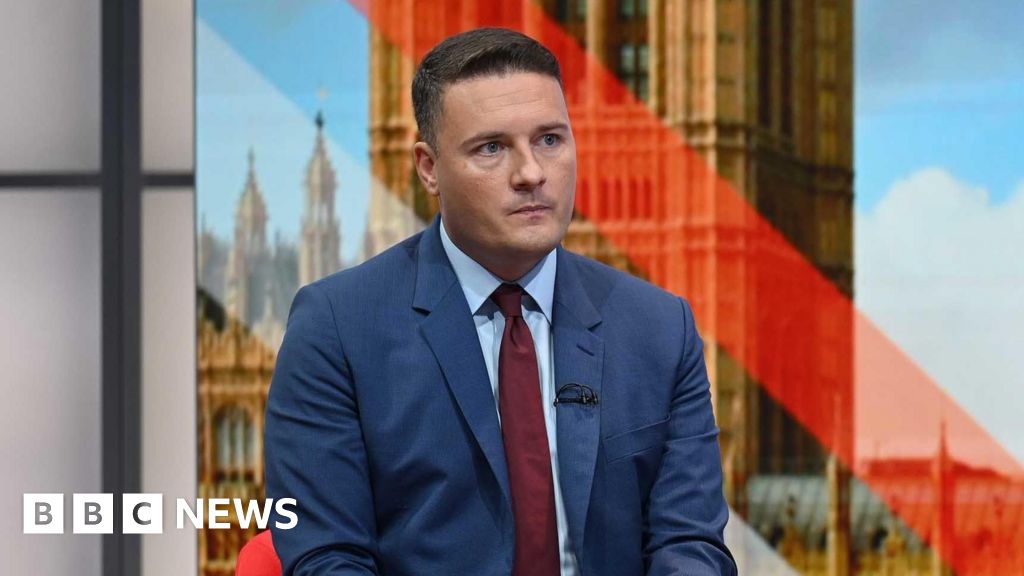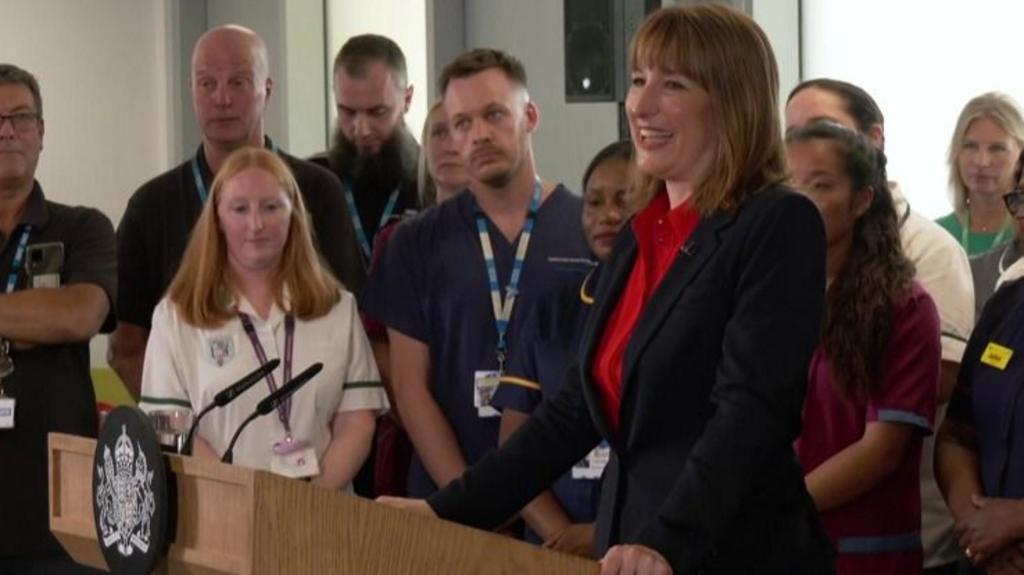Streeting: U-Turn on Welfare Reforms Puts Us in a 'Stronger Position' After MP Concerns

In a significant shift, Health Secretary Wes Streeting has hailed the government's decision to reverse planned cuts to disability benefits as placing the UK in a 'better position.' The move follows substantial concerns raised by Members of Parliament regarding the potential impact of the reforms on vulnerable individuals.
The initial proposals, aimed at streamlining the welfare system and reducing costs, faced fierce opposition from across the political spectrum. MPs argued that the cuts would disproportionately affect people with disabilities, pushing them further into poverty and exacerbating existing inequalities. The planned changes were met with widespread criticism from disability rights organizations and charities, who warned of the devastating consequences for those relying on these essential benefits.
Streeting acknowledged the depth of these concerns, stating that the government had listened to the feedback and recognized the need to reconsider the proposed measures. “We heard the concerns of MPs, and we acted,” he said. “This U-turn demonstrates our commitment to ensuring that the welfare system supports those who need it most.”
The Impact of the Reversal
The reversal of these cuts is expected to provide a significant boost to millions of disabled people across the UK. It safeguards vital financial support, enabling them to maintain a decent standard of living and access essential services. Experts predict that the decision will also alleviate pressure on social care services, as fewer people will be forced to rely on them due to financial hardship.
While the details of the revised welfare system remain to be fully outlined, Streeting emphasized that the government is committed to finding alternative ways to achieve its fiscal goals without penalizing vulnerable populations. He pledged to work collaboratively with MPs, disability groups, and other stakeholders to develop a fairer and more sustainable welfare system.
Broader Implications for Welfare Policy
This U-turn signals a potential shift in the government’s approach to welfare reform. It suggests a greater willingness to listen to public concerns and to prioritize the needs of vulnerable individuals. However, questions remain about the long-term sustainability of the welfare system and the government’s ability to balance fiscal responsibility with social justice.
The episode has also reignited the debate about the role of disability benefits in society. Some argue that these benefits are essential for ensuring that people with disabilities can participate fully in society, while others contend that they disincentivize work and create a culture of dependency. Finding a balance between these competing perspectives will be a key challenge for policymakers in the years to come.
Looking Ahead
The government now faces the task of rebuilding trust with the disability community and demonstrating its commitment to creating a welfare system that is both fair and effective. This will require ongoing dialogue, transparency, and a willingness to adapt policies in response to changing circumstances. The focus must be on empowering disabled people to live independent and fulfilling lives, while also ensuring the long-term sustainability of the welfare system.





